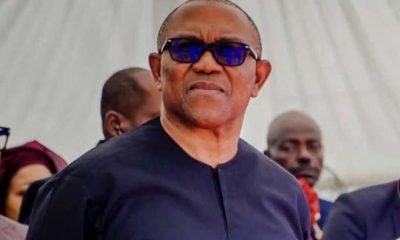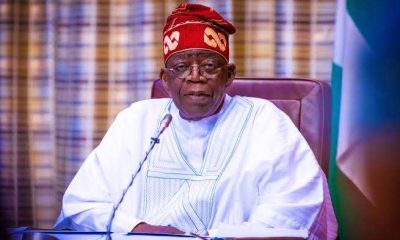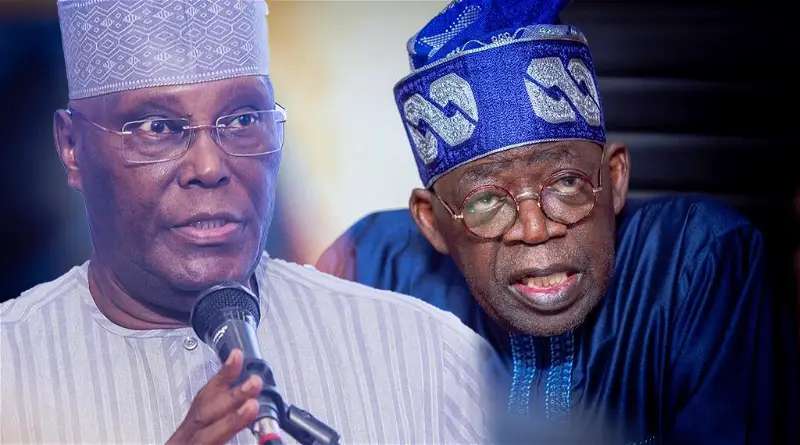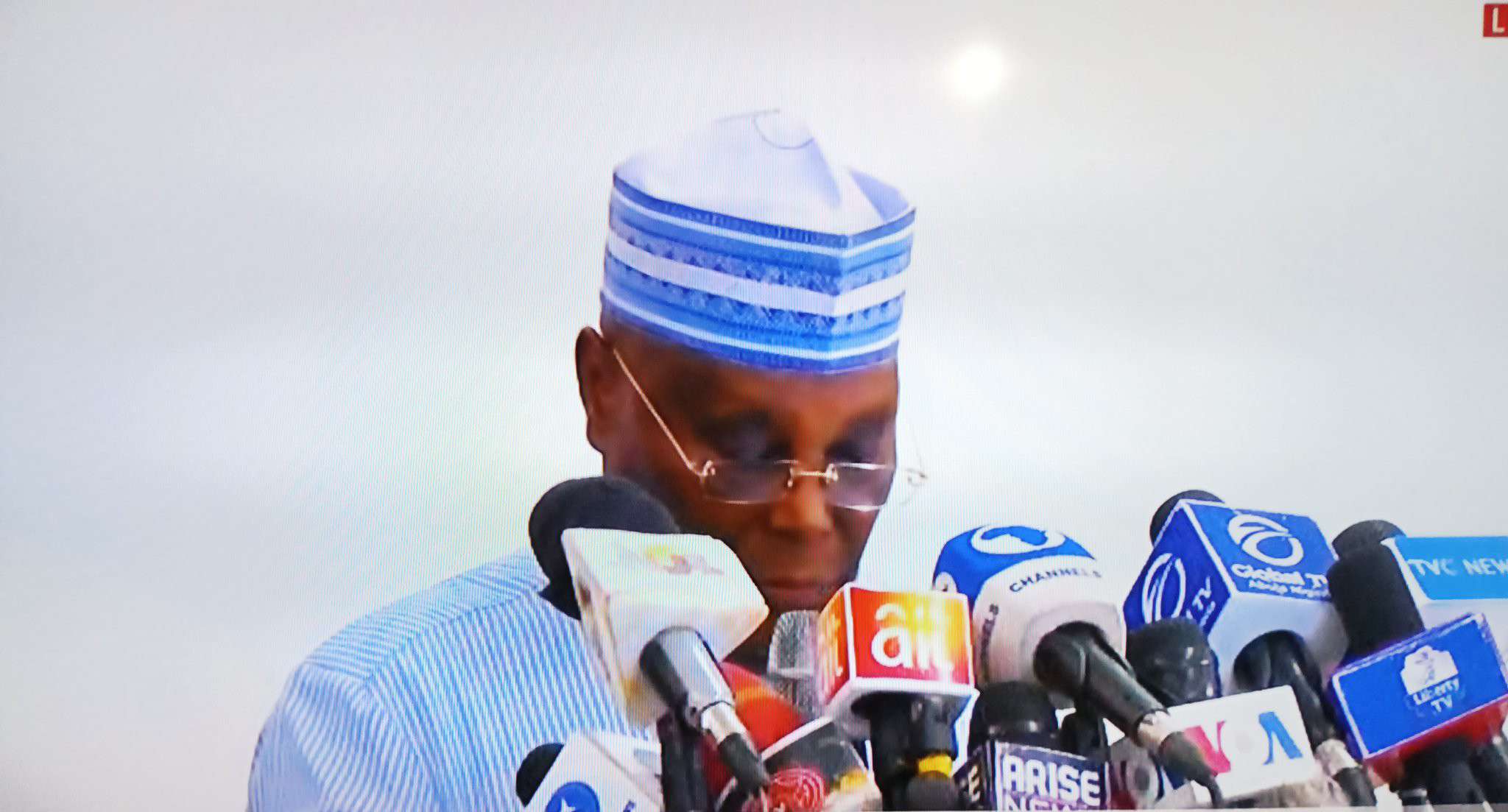Politics
Obi, Atiku, Amaechi, others in high-level Talks to forge anti-Tinubu coalition for 2027

In a bold move that signals growing discontent within Nigeria’s political elite, key political figures across party lines — including former Vice President Atiku Abubakar, Labour Party’s 2023 presidential candidate Peter Obi, and ex-Rivers State governor Rotimi Amaechi — convened in Abuja over the weekend for a crucial meeting aimed at forging a new political alliance capable of challenging President Bola Ahmed Tinubu in the 2027 elections.
The meeting, which held behind closed doors at the Abuja Continental Hotel under the aegis of the National Political Consultative Group (North), also had in attendance other influential politicians such as former Imo State Governor Achike Udenwa, ex-military administrator of old Bendel State Senator Tunde Ogbeha, former Secretary to the Government of the Federation Babachir Lawal, and Datti Baba-Ahmed, the 2023 Labour Party vice presidential candidate. Former Kogi governor Captain Idris Wada, ex-Minister of Foreign Affairs Aminu Wali, and several northern political stakeholders were also present.
Sources at the meeting disclosed that the gathering was part of ongoing efforts to establish a formidable, broad-based political coalition ahead of the 2027 general elections. Deliberations reportedly focused on building grassroots structures across the 36 states of the federation, with an immediate emphasis on mobilizing Northern political heavyweights to drive the coalition’s agenda.
Each Northern state reportedly submitted a list of 40 to 100 key political actors—ranging from former lawmakers and commissioners to local government chairmen and youth leaders—who would coordinate the opposition’s groundwork within their respective domains.
The group is said to be deliberating on several platforms under which this emerging alliance could be unified, with talks ongoing to either adopt one of the existing parties or create an entirely new political vehicle that reflects the diversity and ideological breadth of its members.
Perhaps most significantly, insiders revealed that the Abuja parley was also attended by some prominent former allies of President Tinubu from the North, who have become increasingly disillusioned with his administration’s handling of the economy, worsening insecurity, and perceived marginalisation of key regional interests.
These unexpected defections, while still being kept under wraps, are viewed as a serious indicator of growing fractures within the ruling All Progressives Congress (APC), particularly in the aftermath of the party’s controversial decision last week to endorse President Tinubu as its sole candidate for the 2027 elections.
Among the coalition’s top objectives are: creating a viable political alternative to Tinubu’s government; harmonising ideological and regional interests; and mobilising both domestic and international pressure to ensure that the 2027 general elections are transparent and credible.
The group is also considering absorbing several smaller, grassroots-oriented parties that have strong presence in select states but lack national visibility. By consolidating these parties under one coalition, the opposition hopes to gain enough strength to seriously contest APC dominance at both federal and state levels.
The Abuja meeting comes against a backdrop of increasing political tension in the country. The cost-of-living crisis, spiraling inflation, declining security, and a controversial fuel subsidy removal policy have all triggered widespread public dissatisfaction with the Tinubu administration.
Meanwhile, the recent endorsement of Tinubu by the APC as its sole candidate for 2027, announced at a party retreat last Thursday, has unsettled many within the opposition and even some inside the ruling party. Critics argue that the early endorsement smacks of desperation and may stifle internal democracy within the party.
However, in a counterweight to APC’s consolidation, former Kano governor Ibrahim Shekarau’s League of Northern Democrats (LND) recently pledged its support to the emerging opposition coalition, further swelling its ranks and enhancing its credibility in the northern political space.
While no official communique was issued after the Abuja meeting, sources say a follow-up summit is being planned for the South, where regional interests and opposition strongholds in the Southeast and South-South will be more fully integrated into the coalition blueprint.
As Nigeria inches closer to 2027, all signs point to a fierce political battle ahead—one that may redefine the country’s political landscape and determine the viability of a post-APC era.










